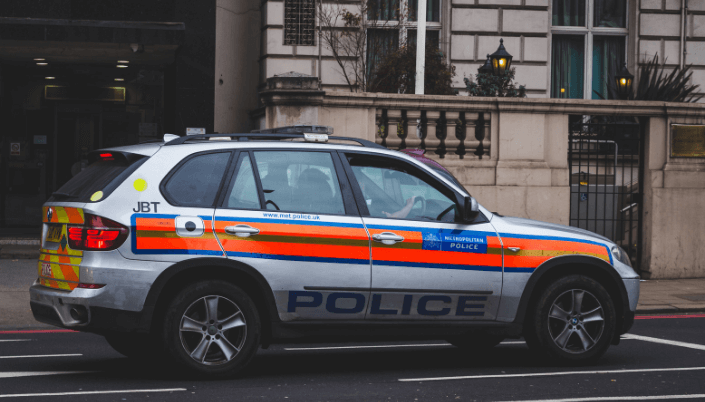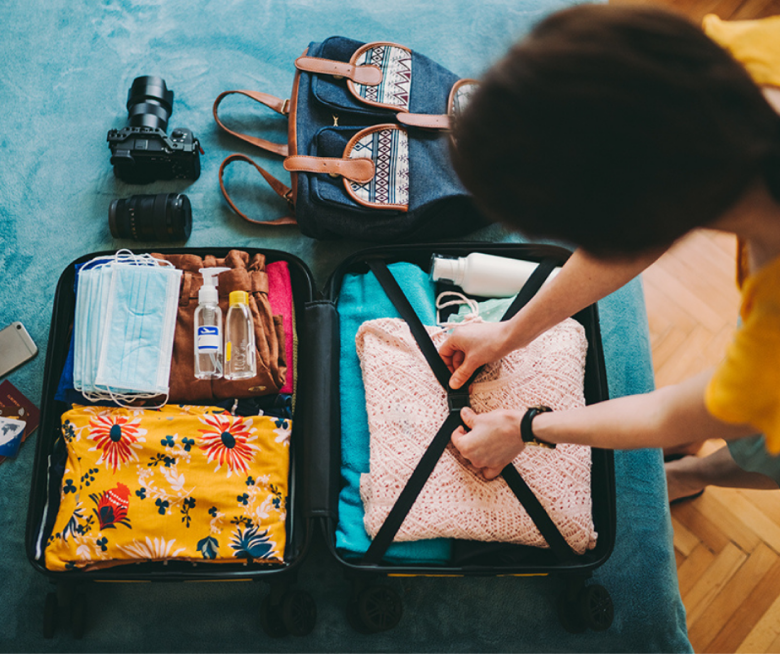Travel Problems and How to Prevent Them
While going away to sunnier climes for a well-earned holiday is an extremely appealing prospect, one thing that people don’t relish is the journey to get there. Travelling, especially by plane, can sometimes be stress that many of us could do without. Here’s a look at a few common travel problems and how you can prevent them.

Arriving late for a flight
Being late for a trip because of circumstances beyond your control is mind bogglingly stressful. So especially when flying, it’s advisable to travel to the airport with plenty of time to spare. The more time you allow, the better. Routes to airports are notoriously busy, so you would be wise to allow for heavy traffic, or the possibility of accidents and hold-ups along the way. Consider taking public transport, but don’t go for the latest possible connection. Select a nice early option, so you allow yourself the safety net of another train or bus connection if yours is delayed or cancelled. Alternatively, travel the day before and spend the night near the airport in a hotel or with friends.
Overweight baggage on the return flight home
When preparing for a trip, we are generally meticulous with packing. Luggage is stowed neatly and weighed carefully to check against the ever restrictive airline rules. The return journey home however, is a very different story. We naturally spend a lot less time packing to come home. And we have invariably spent a small fortune on souvenirs and holiday purchases while away. These items all weigh something and can often tip your luggage over the permitted baggage allowance. Avoid this expensive headache by leaving at least 3 kilos spare weight on your outbound journey, so you don’t have to leave items behind. Or carry some lightweight portable luggage scales to check. Otherwise you may find yourself wearing several layers of clothing home to save suitcase space and weight!
Trouble reaching your accommodation
Another common travel issue that often dawns on travellers much too late when heading off on holiday is difficulty reaching their accommodation. If for example, you’ve book accommodation out of town, or deep in the countryside, or you are arriving in the small hours of the morning, how are you going to get there? If you don’t give this advanced thought and planning you may face unavoidable and exorbitant airport taxi fares. Check well ahead of time for shuttle buses; whether your accommodation hosts provide a pick-up service, or if other local transport is available and feasible – and book it! Check the distances involved and the average costs so you have a good idea of what to expect upon arrival and the right cash set aside. Consider a hire car as a possible convenient and cost effective option.
High currency commission rates
It’s a well-known fact that some places offer better commission rates than others when it comes to exchanging currency. You want to get the best rates possible, otherwise you are literally giving money away, so plan your currency exchanging process in advance. Will you get a better exchange rate at home or at your destination? You certainly won’t get the best rate at the airport. Look out for special deals and on-line offers from reliable currency exchange providers in advance to make your cash go further. Allow time for this though, as you may need to order and wait for currency to arrive by post.
Card payment issues
Cash may be king in the location you are visiting, so check in advance. You may be used to card payments and they can certainly be more convenient, but be sure to ensure your card will work and be accepted abroad. Some banks need advance notice of your trip overseas so that they don’t block payments for suspected fraud use. Also check the card crime rates and I.E card-cloning rates in your destination. It may sound extreme, but you may prefer to opt for old fashioned cash more than you would at home.
Emergency situations
Accepting that it’s the last thing you want to think about when you’re off on your holidays, it does pay to be prepared. As a basic minimum you should know what the local emergency number is for police, fire and medical services. If you are staying in one place, it’s worth checking out your nearest Consulate and hospital location. Unexpected emergencies are also where travel insurance is so useful. Did you know whether you have a crime related emergency, such as theft of your passport and money, or your luggage is lost or stolen, or if you are held liable for serious damage at your accommodation that’s not your fault, travel insurance can help? Make sure you get travel insurance as soon as you pay for any part of your next trip so you’re covered immediately for any unforeseen mishaps.
Falling ill while abroad
It’s never a good time to get sick, but if you’re on holiday, being ill is a lot worse. Sadly, illnesses or accidents are sometimes unavoidable, though there are things you can do to make life easier. For example, travel with a decent mini medical kit so the smallest ailments don’t stop you in your tracks. For example plasters, anti-bac, rehydration sachets, electrolytes, and anti-diarrhoea medicine should all be included. Pain killers and indigestion tablets are useful too. If you have a more serious medical problem overseas, your Travel Insurance could be a life saver. Most Travel Insurance policies have Emergency Assistance available 24/7 with multi-lingual staff and Doctors to assist when you need it most. They can help arrange and pay for treatment that can costs thousands and arrange your journey home, so don’t forget to buy a policy and keep the emergency assistance number handy.
Forgetting to buy travel insurance
Its not the first thing on your mind when booking your holidays, but it should be! If you forget to buy, or decide to buy after your trip has started, most companies won’t cover you because you have already travelled. A few companies do still offer cover, like Globelink Already Travelling insurance. So if you’ve forgotten cover, or are a parent and discover that your son or daughter has gone off on their next holiday adventure without cover, you can still buy.
Hopefully you can see that with a bit of foresight you can avoid regular travel problems and save money and stress, so you can focus on enjoying your break. Wherever you travel always check FCO’s travel advice to help you stay safe abroad.




